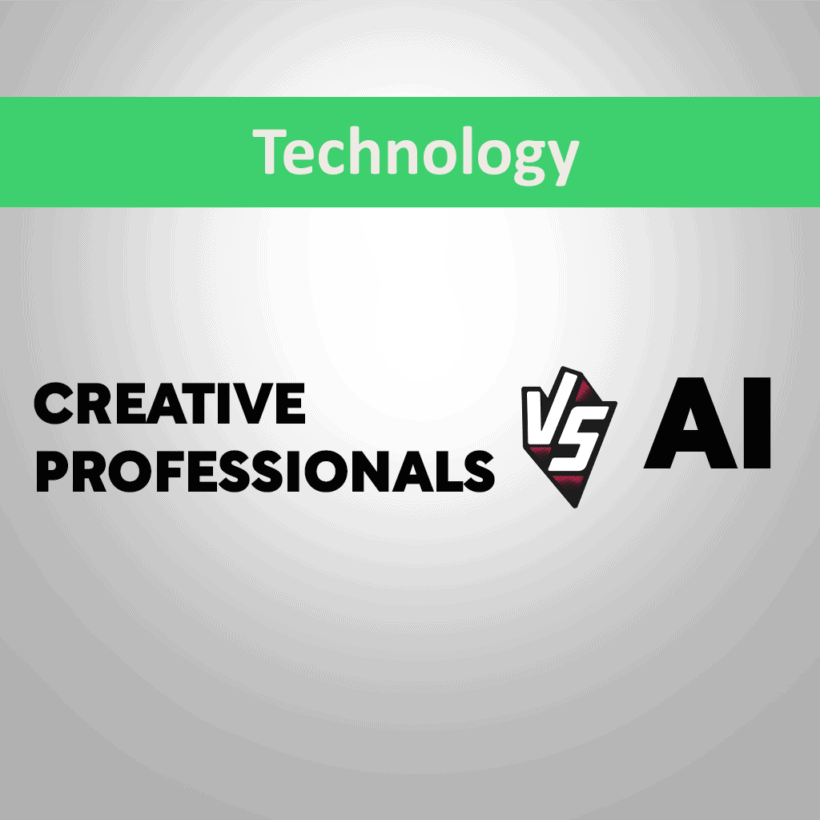Thousands of artists from different disciplines – including well know figures like St. Vincent (Annie Clark), Hozier, Riz Ahmed have publicly spoken out against AI companies, but it seems they are loosing this battle. Thousands of creative professionals—from acclaimed musicians and Oscar-winning actors to Pulitzer Prize–winning authors—are now at the frontline of a battle they never wanted to fight. Their opponent? Not a competing artist, but artificial intelligence trained on their work—often without permission, attribution, or compensation.
Creative labor is being replicated, replicated, paraphrased, and rebranded by machine learning technology, and courts are now starting to define this appropriation as not theft—but fair use. The stakes for copyright, ownership, and creative work are astounding.
The Legal Losses Are Piling Up
In just the past few months, landmark cases have been dismissed in favor of AI companies—despite mounting evidence that copyrighted content was used, often without license or oversight
Antropic vs. Authors
In a federal court recently, three writers sued Anthropic, the firm behind the AI chatbot Claude. They claimed that Claude did not only read their books—several of which had been pirated—but also copied out paraphrased versions of their writing, emulating their narrative style.
The judge threw out the lawsuit, explaining that Claude acted “like any reader hoping to become a writer.” That is, the AI mimicry was defensible as inspiration, rather than infringement.
It isn’t just legally troublesome; it’s emotionally crippling for artists who put years of intellectual and emotional labor into their work—just to see it treated as if it were training data.
Move Fast and Break Things
Worse, though, is the impunity culture under which Big Tech is proceeding. They’re not coming to ask for permission. They’re not engaging in negotiations around licensing. They’re not paying creators. In most instances, they’re not even crediting source material.
The old Silicon Valley credo—”Move fast and break things”—never seemed more literal. Tech giants in the hurry to conquer AI made it very clear: ethics are an afterthought, and artists collateral damage is fine.
We are witnessing the biggest-scale, fastest-moving pilfering of creative labor in recent times—and most of this is going on behind closed servers, fueled by non-disclosure agreements and billion-dollar valuations.
What Creative Professionals Are Saying?
Several artists are standing up, holding petitions, signing open letters, and even unionizing to fight back against the invasion of AI. But short of substantive legal or legislative reform, these efforts seem hollow.
One artist got straight to the point on a recent panel:
- “AI doesn’t tire, doesn’t get paid, and doesn’t have soul. But guess what? Most clients don’t care about the soul part anymore. They care about cost and speed.”
Even more concerning is how the public is reacting. Most users adopt AI tools without an eye on the origin of their “intelligence.” With the competitive rush to automate everything from blog entries to screenplays, we forget that someone, somewhere, created the original work AI is mirroring.
A Situation That Affects Multiple Disciplines
Musicians, writers, journalists, designers, photographers, comedians, and artists of all kinds… Creative professionals across multiple disciplines have been stripped of their own creations.
They’ve watched, with a sense of dread, as AI companies develop models and systems that can mimic their style, tone, and technique.
There are numerous sophisticated tools now able to create artistic content—from video software such as Veo, to picture generators such as Midjourney, to basic text-based platforms such as Claude. All are able to replicate an artist’s signature and create free work for millions of individuals across the planet.
Thousands of artists have objected to this for decades. Photographers, painters, and designers affiliated with the app Cara, and departed popular social media sites like Instagram following an update by Meta on its policies, claiming that they were going to utilize the content from individuals’ accounts in order to train their AI models. Cara was established in 2022 by Jingna Zhang as a platform pledge toward prioritizing content created by humans as opposed to content created through AI, yet they have not reported progress for recent months.
More than 13,500 artists and creators of content signed a petition in the previous year to prevent tech companies from scraping content for AI training.
This year, more than 1,000 musicians—Yusuf/Cat Stevens, Annie Lennox, and Kate Bush included—published a silent album titled Is This What We Want? in protest against the usage of copyrighted content in the United Kingdom.
The artists have not been quiet—well, not only for the album—, but all their work seems to be going down the drain.
Technology Development Over Creative Value
Since last March, OpenAI has been pressing the U.S. government to permit tech companies to train their AI models on copyrighted content, and it’s paying off.
“America has so many AI startups, sees so much investment, and has achieved so many research breakthroughs in great part because the fair use doctrine encourages AI development,” OpenAI wrote in its submission for the new AI Action Plan. Recent events indicate that U.S. courts have been hearing them.
A few publishers and studios have been able to make deals with AI firms. Universal Music Group, for example, allied with the AI music firm KLAY Vision to create ethical AI solutions for artists. Publishers such as News Corp have also struck deals with firms such as OpenAI for the usage of their content. Yet it is still uncertain how these collaborations will progress.
In the meantime, most creative professionals requesting payment feel helpless and worried. “If we let the devaluation of copyright, actually how value is made in the music world, then we’re going to be in a position where there won’t be artists anymore,” stated composer Max Richter in an interview.
Conclusion
This isn’t merely about a handful of well-known artists. It’s about a worldwide creative economy founded on authenticity, integrity, and intellectual property. If we don’t safeguard it now, we risk creating a future where creative labour isn’t a career—but just a source of unpaid data for machines.
The courts are not necessarily being on the side of creators yet. But history demonstrates that when artists rally, protest, and keep pushing, they can change culture—and ultimately, policy.
AI can be the future, but human ingenuity is the base. And bases shouldn’t be taken.


